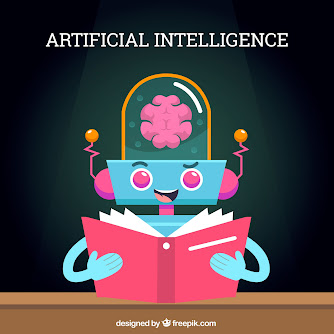The Third Pillar

Millions
of Muslims worldwide observe roza, or fasting,
which is one of Islam's Five Pillars and is observed during the month of
Ramadan. From daybreak until dusk, Muslims fast for food, liquids, and other
necessities of life. A meal called iftar is served every evening to break the
fast.
From
an Islamic perspective, fasting has many advantages for one's physical and
mental well-being in addition to being a religious requirement. Let's examine
some of Roza's effects on health in more detail:
Fasting
can aid the body in its efforts to detoxify and get rid of toxic toxins. Toxins
that have accumulated in fat cells can be eliminated because, during the fast,
the body utilizes stored fat as a source of energy.
Fasting
has been shown to enhance digestion and relieve stomach problems like bloating,
constipation, and indigestion. This is due to the digestive system receiving a
vacation from processing food and being able to concentrate on other tasks like
detoxification and repair.
Weight
loss: Since fasting cuts back on calories and stimulates the body's ability to
burn stored fat, it can help people drop weight.
People
who are overweight or fat and at risk for conditions like diabetes and heart
disease may find this to be especially helpful.
Better
mental health: Fasting can also help mental health, including mood,
concentration, and focus, as well as lowering stress and anxiety. This might be
brought on by the fast's endorphin and other feel-good hormone releases.
But
it's crucial to remember that fasting needs to be carried out in a secure and
wholesome manner. During Ramadan, Muslims are urged to consume a healthy,
balanced diet and to refrain from overindulging in fried or sugary foods at the
iftar.
In
conclusion, from an Islamic viewpoint, fasting during Roza can have several
positive effects on one's health.
But
to experience these advantages, it's crucial to fast securely and healthily.
Muslims who have any worries about fasting during Ramadan should speak with
their doctors.

Millions
of Muslims worldwide observe roza, or fasting,
which is one of Islam's Five Pillars and is observed during the month of
Ramadan. From daybreak until dusk, Muslims fast for food, liquids, and other
necessities of life. A meal called iftar is served every evening to break the
fast.
From
an Islamic perspective, fasting has many advantages for one's physical and
mental well-being in addition to being a religious requirement. Let's examine
some of Roza's effects on health in more detail:
Fasting
can aid the body in its efforts to detoxify and get rid of toxic toxins. Toxins
that have accumulated in fat cells can be eliminated because, during the fast,
the body utilizes stored fat as a source of energy.
Fasting
has been shown to enhance digestion and relieve stomach problems like bloating,
constipation, and indigestion. This is due to the digestive system receiving a
vacation from processing food and being able to concentrate on other tasks like
detoxification and repair.
Weight
loss: Since fasting cuts back on calories and stimulates the body's ability to
burn stored fat, it can help people drop weight.
People
who are overweight or fat and at risk for conditions like diabetes and heart
disease may find this to be especially helpful.
Better
mental health: Fasting can also help mental health, including mood,
concentration, and focus, as well as lowering stress and anxiety. This might be
brought on by the fast's endorphin and other feel-good hormone releases.
But
it's crucial to remember that fasting needs to be carried out in a secure and
wholesome manner. During Ramadan, Muslims are urged to consume a healthy,
balanced diet and to refrain from overindulging in fried or sugary foods at the
iftar.
In
conclusion, from an Islamic viewpoint, fasting during Roza can have several
positive effects on one's health.
But
to experience these advantages, it's crucial to fast securely and healthily.
Muslims who have any worries about fasting during Ramadan should speak with
their doctors.

Comments
Post a Comment